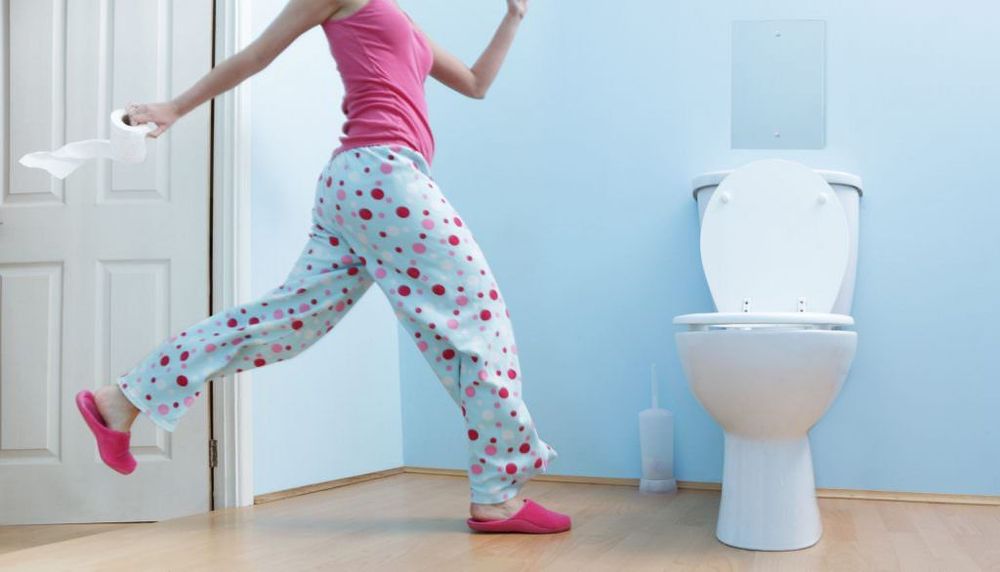This is an automatically translated article.
The article was professionally consulted by Specialist Doctor I Nguyen Hung - Department of Medical Examination & Internal Medicine - Vinmec Danang International Hospital. With over 36 years of experience in the profession, the doctor has experience in treating endocrine - diabetes and kidney diseases.Currently, there are many people who still keep the habit of holding urine without knowing about the significant consequences that it can bring to their health in the future. In fact, holding in urine is quite normal and does not affect health until it becomes a habit that causes long-term harm such as urinary retention or even kidney damage.
1. How long is it harmful to hold urine?
The average adult bladder can hold about 420 ml of fluid, but this limit can be increased to 800 ml due to the bladder's ability to stretch. When the bladder is full, the body will automatically signal to the brain to create a feeling of wanting to urinate, often suppressing this natural release can have dangerous consequences for health in the future. future.It is not possible to determine how long holding urine is harmful to health because this ability depends on each person's body as well as dehydration status, water intake and bladder function. However, the longer you hold your urine, the more likely it is that bacteria will grow and cause damage along with the excessive stretching of the bladder.
2. How is it harmful to hold urine for a long time?

The bladder's limited ability to hold urine not only causes the patient to have to urinate more, but it can also cause urinary retention, even in severe situations when urine stagnates in the bladder can back up into the kidneys leading to renal failure and death. Therefore, to protect kidney function, it is necessary to pay attention not to hold urine for a long time and when there are any signs, you should immediately go to medical facilities for examination and treatment.
3. Do you have kidney stones without urinating?

Kidney stones make the patient painful when urinating and there is blood in the urine because the stone damages the urinary tract during movement. Treatment of kidney stones depends on the size of the stone, if the stone is small, it is okay to take medicine and drink enough water, if it is large, lithotripsy or surgery is the method of choice.
In addition, holding in urine can also be the cause of some of the following diseases:
Urinary tract infections: it is impossible not to mention bacterial infections when holding urine for a long time is the agent that creates an environment for bacteria to grow. develop and spread. Symptoms of the disease often include cloudy urine, hematuria, painful or frequent urination, along with symptoms of systemic infection such as low-grade fever, fatigue. Antibiotics are indicated in most of these infections with oral antibiotics for lower urinary tract infections and intravenous antibiotics for upper urinary tract infections Interstitial cystitis: prolonged urine retention also can cause interstitial cystitis with frequent urination and painful pelvis. The disease is mainly treated to relieve symptoms. Kidney failure: Is the final complication of urinary-related diseases, where the cause of kidney failure is determined to be due to holding urine for too long to make urine. back to the kidney causing kidney failure. Symptoms of the disease are characterized by the failure of the kidneys to filter toxins and wastes out of the blood, causing bruising, bloody stools, and extreme weakness. The method of treatment when patients with kidney failure is to balance the amount of fluid in the blood and remove toxins from the body to restore kidney function. When kidney failure is too severe, dialysis or even kidney transplant is mandatory. Holding urine is not a good habit for the body, especially for the urinary system, so in any case, it is necessary to minimize the need to hold urine and respond to the need to urinate as quickly as possible. . When there are initial signs related to the urinary tract, it is necessary to see a doctor immediately for diagnosis and treatment as soon as possible.
Please dial HOTLINE for more information or register for an appointment HERE. Download MyVinmec app to make appointments faster and to manage your bookings easily.














